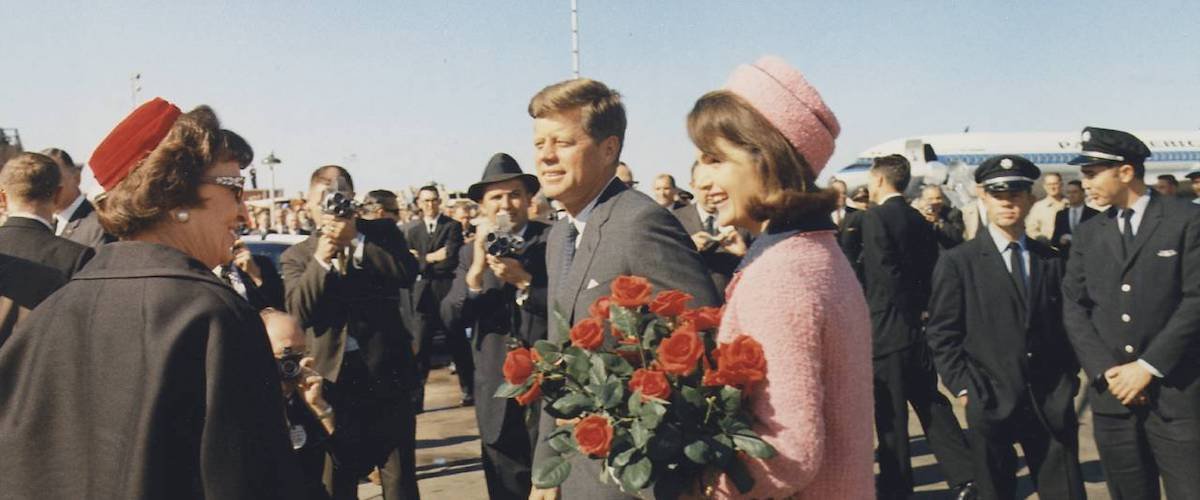JFK (1991) Film Review and Summary
SOLID 8/10
What makes a film like JFK (1991) so timeless is not its correlation to the time period for which it occupies, it is its inquisitive nature towards the U.S. Constitution and the civil rights that have built our country. The United States will forever exist in political and social turmoil to different degrees and extents throughout its existence, but JFK hones in on an era of absolute darkness in our country. The nation’s newfound hope in John F. Kennedy has been assassinated in a manner that defies odds, curtains are being pulled down by government officials to hide what is backstage, internal coup d’etats are erupting, and Oliver Stone does his due diligence in outlining the story of one Jim Garrison (Kevin Costner), a New Orleans District Attorney, who won’t accept the answers that he has been spoon-fed.
Oliver Stone employs multiple styles of filmmaking and genres throughout this 3+ hour epic, including aspects taken from thrillers, dramas, crimes, mysteries, noirs, and court-dramas alongside his occasional documentary interjections. The sensationalization of true stories in conjunction with tangible evidence makes for an innovative viewing experience, where it is unclear where Stone is taking liberty with the content at hand.
Much of the film investigates the involvement of Lee Harvey Oswald (Gary Oldman) within the assassination, as well as the alleged fallacies that the Warren Report conceived in order to conclude anymore suspicion within the execution of the murder. Garrison and his crew of Bill Broussard (Michael Rooker) and Lou Ivon (Jay O. Sanders), among others, propose theories ranging from the possibility that Oswald was a CIA Agent to the reasoning behind JFK’s killing being related to his yearning for a retreat from the Vietnam War, a war that brought many lucrative endeavors for the country.
After discovering discrepancies in many of the testimonies that Garrison acquired, he sets his sights on Clay Shaw (Tommy Lee Jones), who he believed had been deviously working behind the scenes in order to conspire the plot for Kennedy’s assassination. The premier aspect of the case was Garrison’s analysis of the absurdity of the single-bullet theory, claiming that it was impossible for there not to have been an entire team involved, rather than a lone Oswald. Regardless of his ambition though, the jury quickly found Shaw not guilty, and this trial remains as the sole attempt of prosecution in honor of Kennedy’s death. In real life, the sentencing deliberation for the trial only took around an hour, reinforcing Stone’s concern of citizens blindly supporting a federal government that they assume has the people in their best interest.
One facet of the film’s approach to its subject matter that I particularly enjoyed was its patience. Stone does not present Garrison, or himself, as someone who knows the answers. Instead, they are figureheads that encourage Americans not to be content with only what they are told, but to also anticipate action to follow. While I have no clue who truly murdered John F. Kennedy, JFK still points to a supreme mishandling of federal duties in the case of his death. Stone gives us the details of stories he has adapted, in addition to his own findings, and allows the audience to interpret it as we like, giving us the ultimate freedom in how we perceive this saga.
Kevin Costner properly fills the large shoes provided for him as the protagonist of such a grand story by never fully submitting to his paranoia and anxiety, but by giving us occasional glimpses into his diminishing and frustrated psyche. Supporting cast members such as Tommy Lee Jones and Gary Oldman also refrain from becoming caricatures of infamy through their reserved, but nuanced, performances.
Oliver Stone made the brilliant decision of recruiting Hank Corwin, a commercial editor, to manage this monstrosity of archival and ongoing footage. Commercial editing is a fitting parallel to a film like this, as advertisements also are tasked with presenting the highlights of a product that effectively leave customers with the responsibility of deciding for themselves if they want to purchase, the same way Stone enabled viewers to choose whether they want to subscribe to the evidence and theories he presents. So, the choice is yours.


